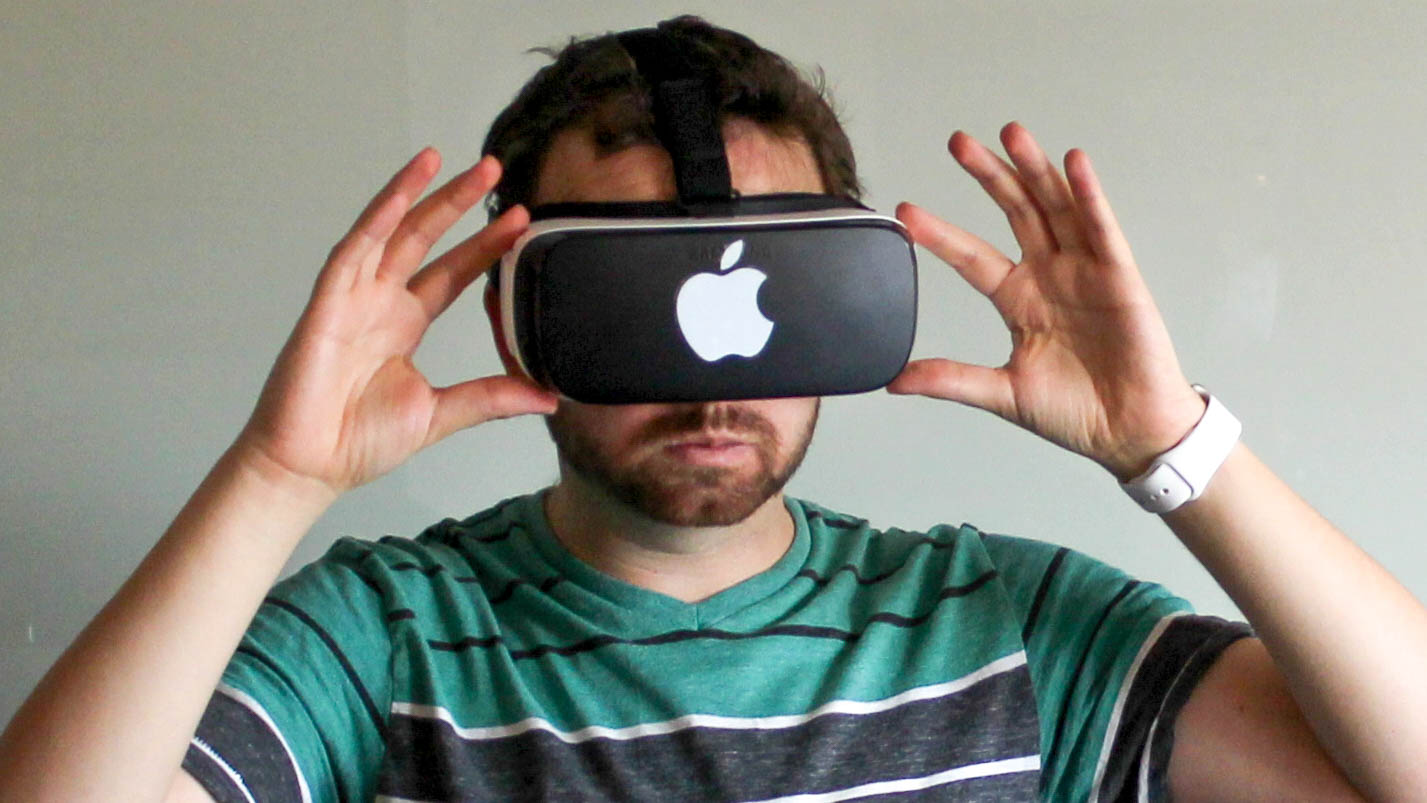Apple VR headset is primed for gaming – but can it compete with Quest 2?
Will Apple's VR headset have a gaming focus?

The Apple VR headset has been rumored for years now, and with the device launch possibly coming in 2022, speculation about the specific focus and capabilities of the device are coming to the fore.
Bloomberg's Mark Gurman has laid out his expectations for "the 'killer features for Apple’s mixed reality headset" in this week's Power On newsletter (full transcript for subscribers only). In it, he predicts a standalone headset that won't need connection to an iPad, Macbook or iPhone – and which will have a large focus on gaming.
"Gaming should be a strong focus of the machine," says Gurman, "especially given that it will have multiple processors, a fan, extremely high-resolution displays and its own App Store. Look for Apple to position the device as a dream for game developers."
- Check out the best VR headsets
- Read our full Oculus Quest 2 review
- These are the best iPhones
Apple's incoming product is widely expected to be a mixed reality device, allowing for augmented reality (AR) experiences as well as more immersive, closed-off VR.
In a previous report from trusted analyst Ming-Chi Kuo, we heard that the headset would contain a pair of 4K OLED displays from Sony, and be powered by some version of the M1 chipset found in the latest iPad Pro.
That’s a higher class of chipset than you’ll find in the iPhone range, so the Apple VR headset could feasibly be even more powerful than the iPhone 14, which may land at around the same time.
That chipset is a key detail, as Apple has been making clear forays into the gaming market with new, enhanced processors, as with the updated Apple TV 4K, and the Apple Arcade game subscription service that launched in 2019. With a software offering that bundles quality iOS games, it makes sense for Apple to ensure any hardware it puts out is able to handle those games deftly.
Get daily insight, inspiration and deals in your inbox
Sign up for breaking news, reviews, opinion, top tech deals, and more.
Analysis: The quest for VR dominance
Of course, there's already a VR gaming giant in town – and that's Oculus.
While the Oculus brand is being subsumed within Facebook's 'Meta' rebranding, it's currently the darling of consumer VR. The Oculus Quest 2 is by far the leading VR headset on the market today, thanks to a competitive $299 / £299 / AU$479 price point and a burgeoning library of games and apps on the Oculus platform.
Apple, as ever, wants to make its own version of a popular hardware category that feels distinctly Apple. But we can't help feeling some confusion about who a potential Apple headset is for.
Previous leaks have put the list price of the Apple VR headset at $3,000 (roughly £2,250 / AU$4,200), while Gurman himself states the device will be "pricey" compared to what's currently on the market. Given the failure of the expensive Magic Leap One AR headset to attract customers, or developers, it'd be odd to see a big player try to launch at the high-end of the market, where there's little consumer appetite.
Apple has the benefit of its existing reputation, and billions of users within the Apple ecosystem worldwide. But when the Oculus name has become pretty much synonymous with VR, we can't really see Apple becoming a meaningful competitor – at least, not with the rumored pricing we've heard so far.
If Apple was to launch its flagship product, and then gradually offer more accessibly-priced models, there could a long-term plan here to establish Apple as a home for quality VR experiences. But as long as Apple VR remains a premium proposition, very few will be willing to fork up to play VR games on an Apple headset, and very few developers will want to put in the work to cater to such a small cohort of users.
The real "dream for game developers" isn't just good hardware, but an audience able to appreciate it.
- Is an Oculus Quest 3 on the way?
Via 9to5Mac
Henry is a freelance technology journalist, and former News & Features Editor for TechRadar, where he specialized in home entertainment gadgets such as TVs, projectors, soundbars, and smart speakers. Other bylines include Edge, T3, iMore, GamesRadar, NBC News, Healthline, and The Times.
